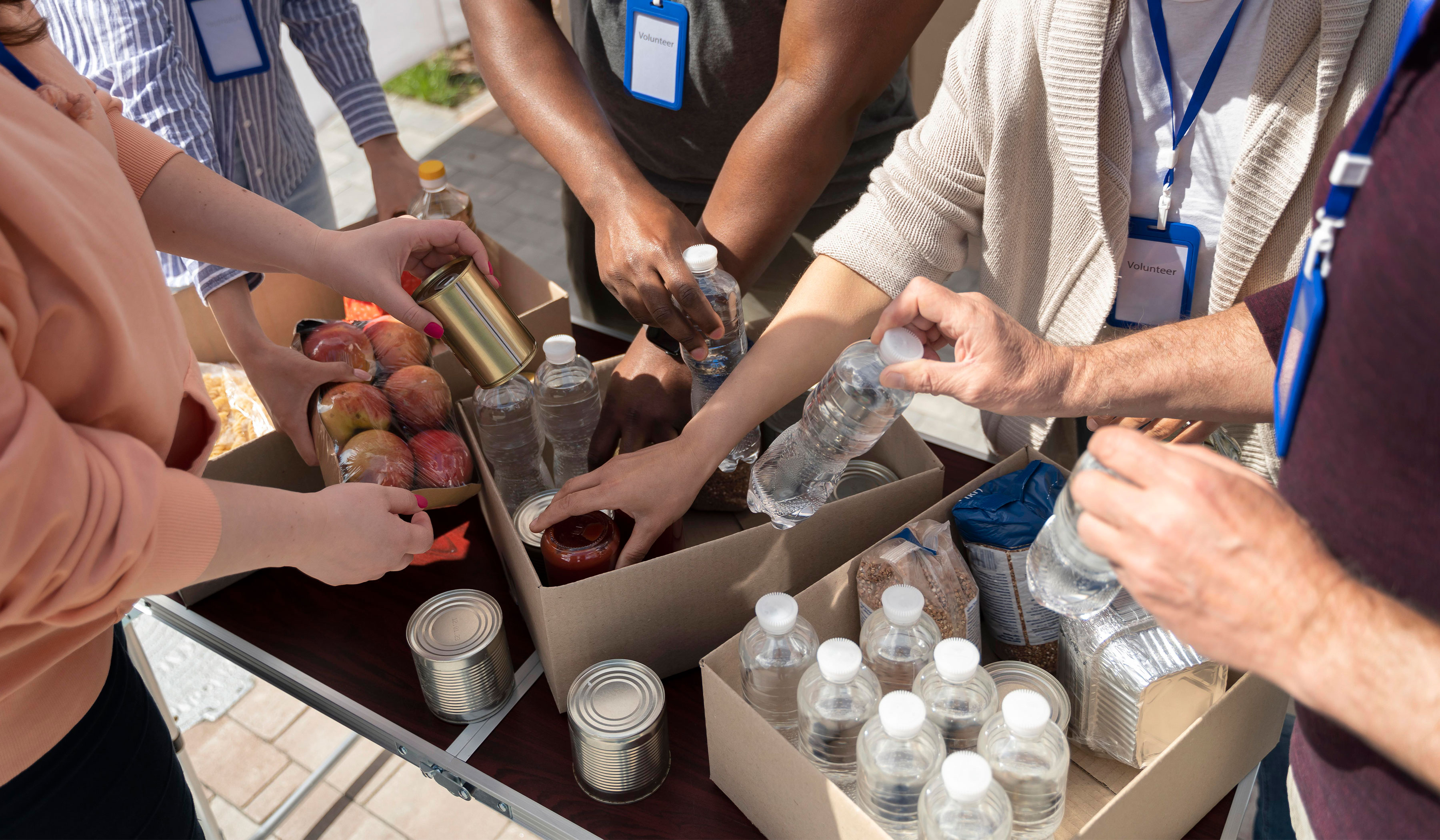
There can be little doubt about the impact that the COVID-19 pandemic has had on almost every facet of life. With the arrival of the disease, life as we knew it came to a grinding halt and left many of us floundering for solutions. For some of us, those solutions were available close to home.
Forward-looking local government units (LGUs) in the Philippines have had to be creative and deploy their resources in the service of their constituents against the coronavirus. Here are some of the most efficient ways they’ve accomplished this.
Food is an essential resource, so at the onset of the pandemic, there was a real panic regarding how Filipinos would continue to keep food on the table. Many local government units immediately sought to purchase relief goods and ensure their citizens would not go hungry, while some, like the local government of Claver, Surigao del Norte, found a solution that benefitted both consumers and food producers as well.
Claver is a largely agricultural town, so the local leadership decided to assemble its relief package using locally produced goods. The LGU spent an estimated P1.69 million and bought many farmers’ produce outright. This is to ensure that farmers had access to emergency funds throughout the pandemic while also preventing their produce from going to waste. This created a community food basket for the municipality comprising rice, vegetables, meat, and other staples, as well as raw palay that the farmers could tap into for the next planting season. As a result, an estimated 13,000 families benefited from these relief operations, while also ensuring that farming and planting remains a viable activity for the season to come.
In addition to buying their local farmers’ produce outright, the Claver local government also sought to assist local farmers with selling their produce and turned to social media to sell in bulk online. Without this initiative, sales would have been canceled and crops would have gone to waste. With it, farmers were able to take advantage of a new sales strategy, with some of them reporting sales of up to 10,000 kilograms of produce.
An LGU’s response in a time of crisis should fit the circumstances of its citizens. As one of the country’s wealthiest, most cosmopolitan cities, Makati and its leadership sought a solution to the pandemic knowing that most of their constituents had very urban backgrounds. Given their citizens’ increased access to technology and the Internet, the Makati LGU decided to deploy an app for use as a tool in community monitoring and information dissemination.
Today, the Makatizen app has more than 250,000 downloads on the Apple App Store and Google Play, and it has been crucial in keeping residents of the city informed about important events and even emergencies in Makati. The app has also played a vital role in contact tracing efforts and in the delivery of relief packages to Makati residents’ homes.
As a result of the pandemic, unemployment rose nationwide by an estimated 1.5%, leaving many Filipinos with no way to continue to put food on their families’ tables. While operations for emergency cash disbursement on both the local and national government levels were not new concepts, the pandemic posed different, unforeseen challenges. How could cash be distributed on a widespread basis with minimal contact and without the need to physically go to a bank to withdraw cash or encash a check?
Maya was an important component of the solution to this multilayered problem. The country’s leading payment gateway provided a safe, easy-to-implement solution, affording citizens of Quezon City immediate access to emergency funds through the city’s Kalingang QC program. Senior citizens, laborers, PUV drivers, and many other people from all walks of life received P2,000 straight into their Maya accounts through the program. And because Maya has partnered with hundreds of merchants nationwide, citizens who receive their funds via Maya don’t even have to go to the bank to withdraw. They can simply scan a QR code to pay for what they need, so even buying basic necessities is cashless, contactless, and fast.
Meanwhile, in the City of Manila, more than P13 million has been distributed to senior citizens using Maya-enabled ID cards. Some 17,000 seniors have already received aid from the city government through this initiative.
While the pandemic has certainly changed almost every aspect of people’s lives, this does not mean we have to remain victims of it. Community initiatives with strong leadership, like the ones mentioned above, are crucial to maintaining some semblance of social normalcy and ensuring that people receive basic services. As we can see, technology, when combined with visionary leadership and personal commitment to service, can see us through even the most challenging times.
Merchant inquiries:
Maya is powered by the country's only end-to-end digital payments company Maya Philippines, Inc. and Maya Bank, Inc. for digital banking services. Maya Philippines, Inc. and Maya Bank, Inc. are regulated by the Bangko Sentral ng Pilipinas.
www.bsp.gov.ph